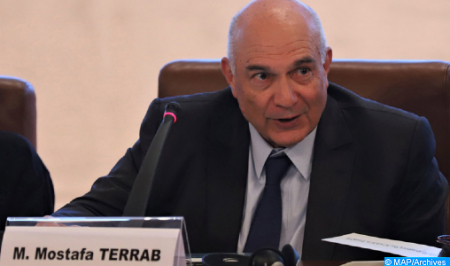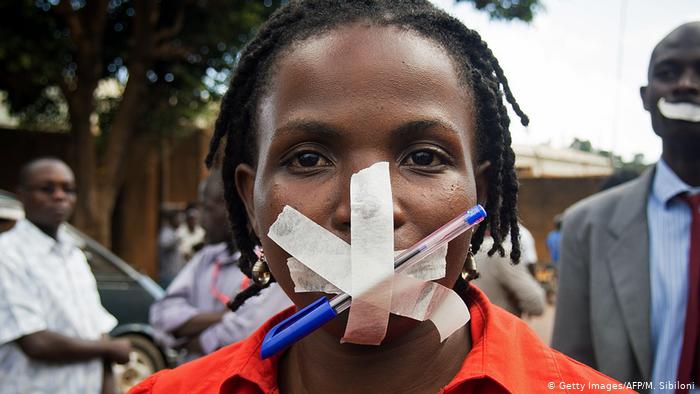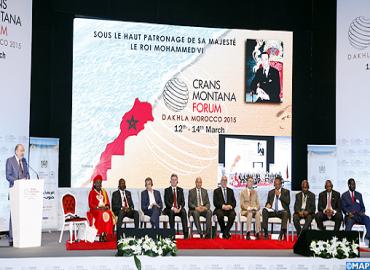Africa holds the key to global food security because it has 60% of the world’s unused arable land, chairman and CEO of Morocco’s OCP Group, Mostafa Terrab, told the Financial Times.
The Financial Times pointed out in its Wednesday issue that in the wake of the war in Ukraine and amid fears about the continent’s food security, Morocco’s OCP Group, the world’s largest phosphate fertilizer company, gave more than 500,000 tons to small holders in sub-Saharan countries, some of it free, the rest at discounted price.
According to the business daily, OCP, which already supplies 70% of Africa’s fertilizer, plans to sell 4 million tons, or more than a quarter of its planned production, on the continent by 2023 under a program that includes training farmers in cooperation with multilateral donors.
Terrab explained that the company’s key strategy of developing customized fertilizers, tailored to specific African soils, was the way to cut prices and increase yields.
“It is cheaper to customize because we use less nutrients. We don’t force farmers to buy what they don’t need,” he told the business daily, noting that OCP’s customized products have already increased yields for farmers in Ethiopia, Tanzania and Ghana.
“We [in Africa] should be totally self-sufficient, and even export,” he said, adding that “the big opportunities are really in Africa.”
Terrab also pleaded for more investment in the industry and said prices had been rising even before the war.
“It is due to a structural imbalance between demand and supply,” he said. “If you look at the past 20 years there has been very little investment in fertiliser production.”
Although only 25% of OCP’s sales go to Africa, the company sees it as a key growth area and has set up a dedicated subsidiary, OCP Africa, as well as special production units, said the daily.
OCP started looking south in 2012, at a time when Moroccan businesses sought growth in sub Saharan states to expand beyond their domestic market, noted FT, assuring that this strategy has helped strengthen the Kingdom’s soft power and influence.
Furthermore, the publication said that while the fallout from the Ukraine war has been catastrophic for European nitrogen fertilizer companies due to the soaring price of natural gas, which is their raw material, the year 2022 has been synonymous with record profits for OCP.
In the first nine months of last year, OCP’s operating profit reached $3.65 billion, compared to $1.99 billion for the same period in 2021, the daily said.
The company, which has major investments in mining and fertilizer production and even a university to support research and development, announced recently its intention to invest $13 billion in renewable energy and green hydrogen, produced from renewable energy. The goal is to achieve carbon neutrality by 2040.
In 2021, OCP’s fertilizer production capacity quadrupled to 12 million tons and its revenues rose to $9.4 billion, up from $2.5 billion in 2005, said FT, noting that in mid-January, Moody’s rating agency gave the company an investment grade credit rating of Baa3 for the first time.
A former telecoms regulator, Terrab was appointed to head OCP in 2006, when it was a minor player in the market. He spearheaded radical reform, converting it into a joint-stock company in 2008 with the state owning 95 per cent of the shares.



